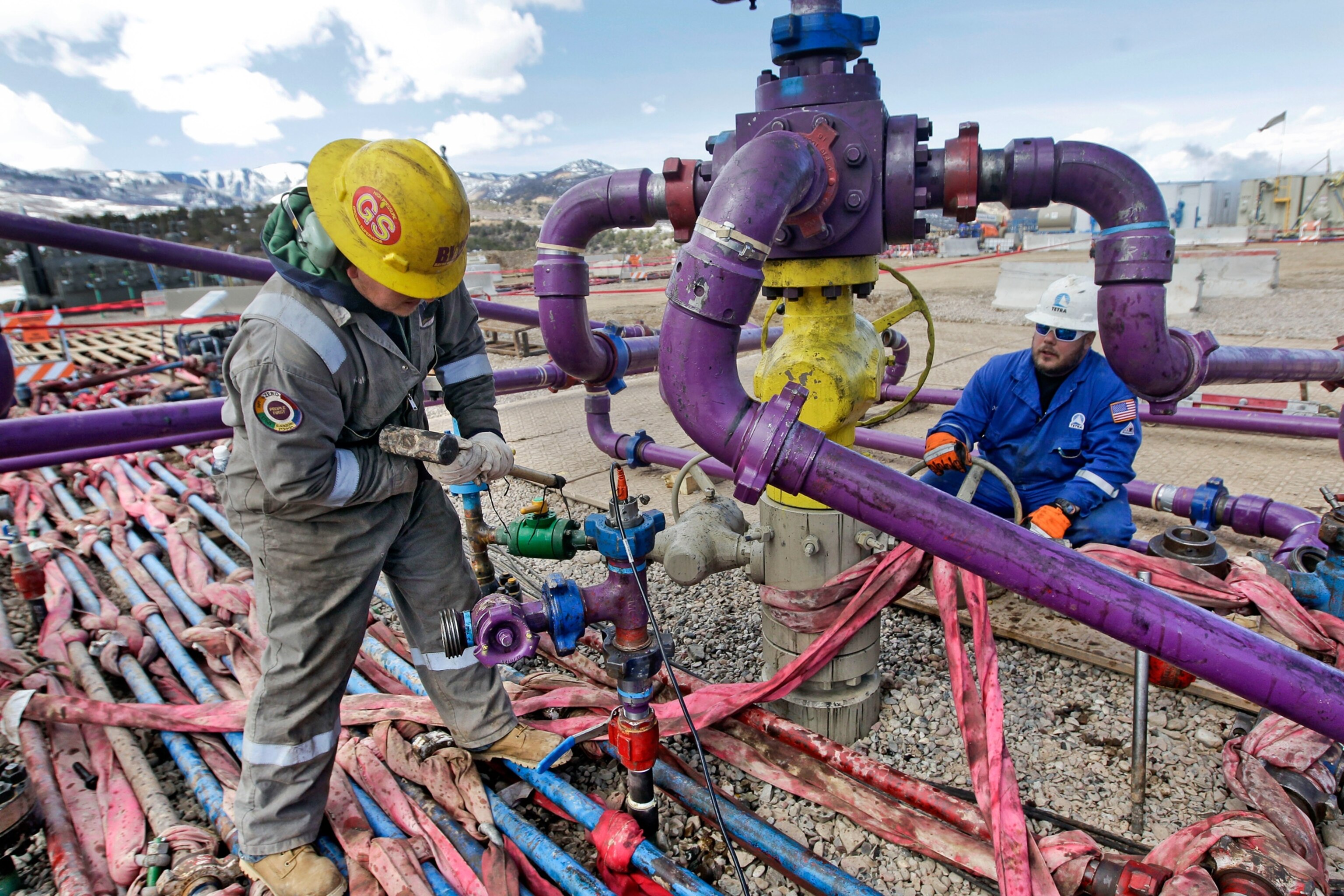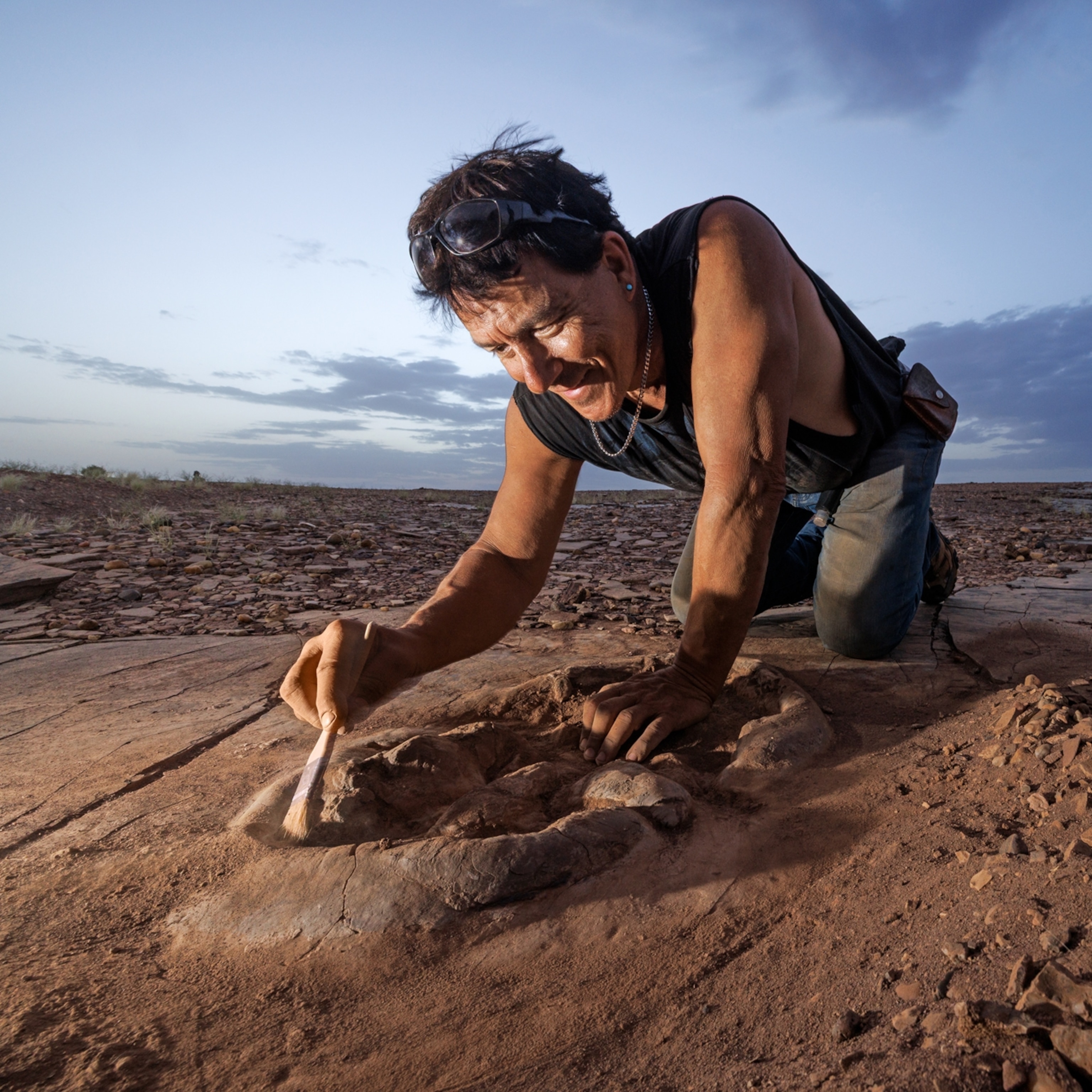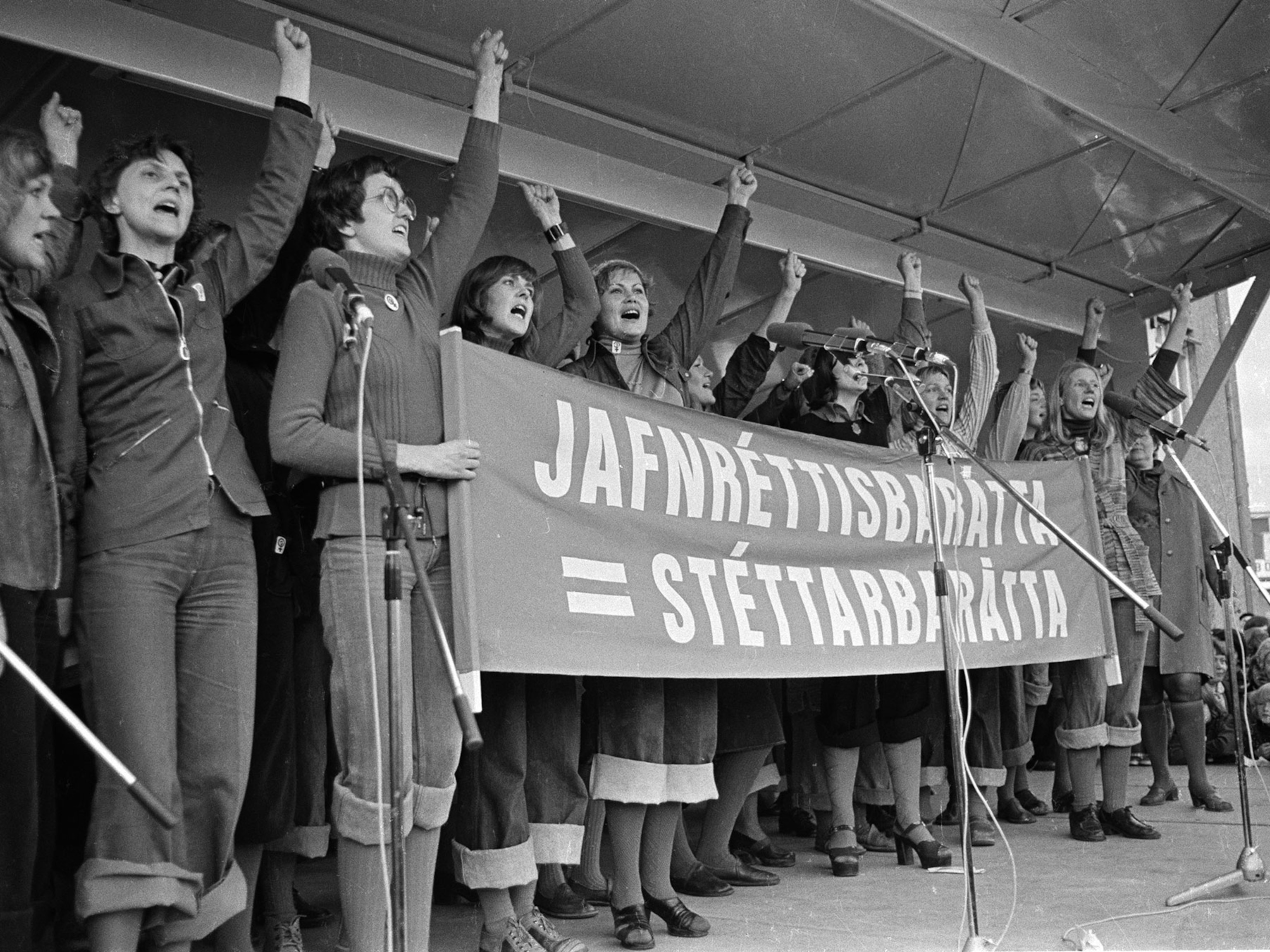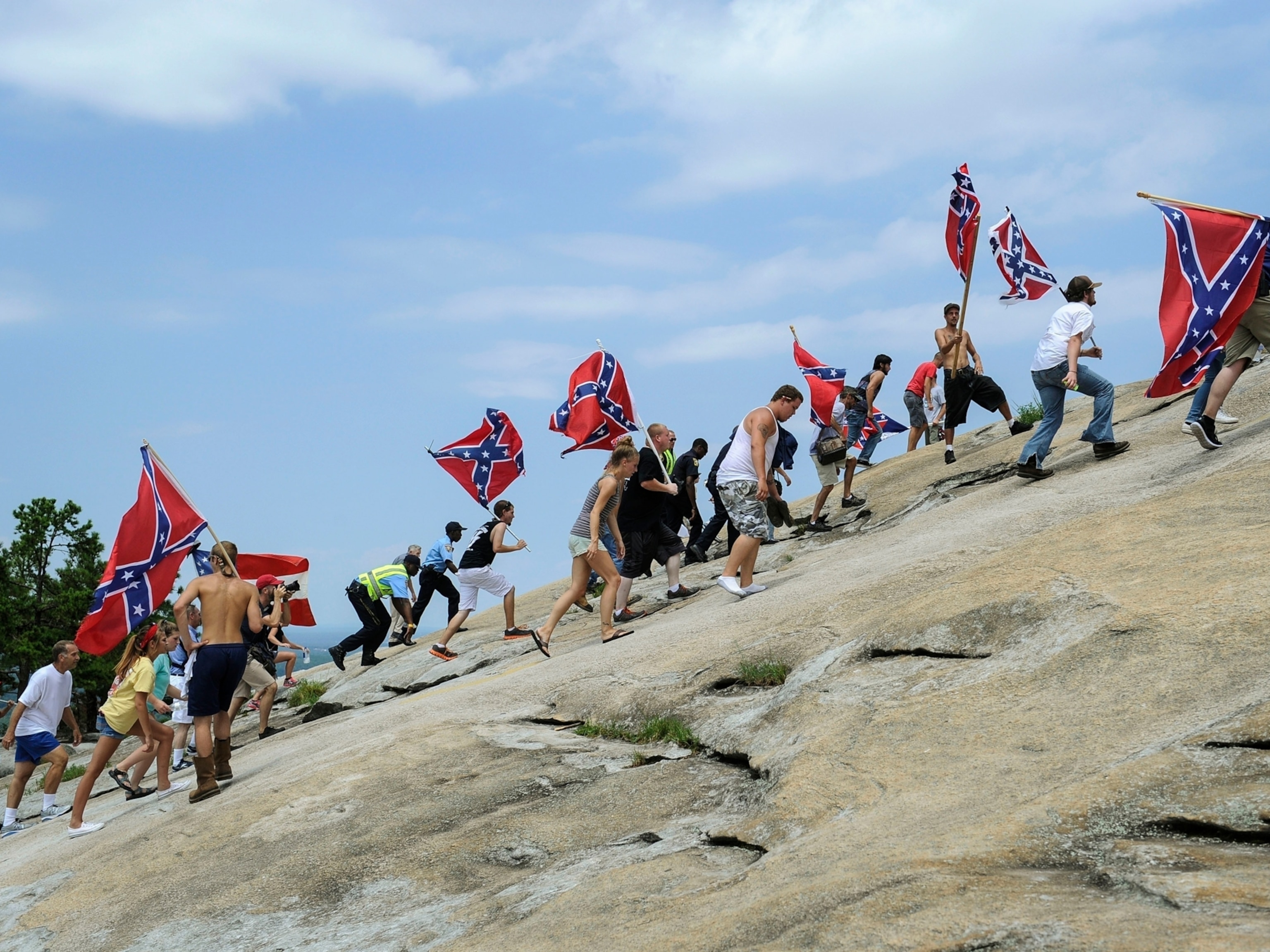
Results Mixed on Colorado and Ohio Fracking Ban Initiatives
Recount is likely ahead for Broomfield, as moratorium fails by 13 votes.
Voters in three Colorado cities and one in Ohio on Tuesday passed ballot measures banning or temporarily halting fracking within their borders.
But in the Denver suburb of Broomfield—a location viewed as an active prospect for exploration—a decision hangs in the balance, as the unofficial tally has voters rejecting a moratorium by a razor-thin margin. Broomfield spokeswoman Rosann Doran said a recount is likely, but the results will not be certified for at least a week after overseas ballots are tallied and signatures verified. (Vote: "How Has Fracking Changed Our Future?")
Advocates of the ballot measures say the wins provide momentum for the national movement to ban hydraulic fracturing, or fracking, the energy industry practice of injecting wells with millions of gallons of water and chemicals to release trapped oil and gas. (Take the quiz: "What You Don't Know About Natural Gas.")
But oil industry representatives said the Election Day outcome means little because the cities that halted fracking have little or no oil and gas production. In contrast, the Broomfield City Council had already decided in August to enter into a memorandum of understanding with the energy company Sovereign, allowing drilling of 21 wells as long as Broomfield's new, stringent drilling standards are met.
The attempted moratorium in Broomfield failed by a mere 13 votes (the tally as of Wednesday morning was 10,266 to 10,253), reflecting deep division in the community. The margin was less than 0.5 percent of ballots cast, which triggers an automatic recount in statewide races in Colorado. But a spokesman for the Colorado Secretary of State said that because the measure was a municipal referendum, local rules would govern the procedure on how to handle the close results.
Fracking opponents told the local newspaper, the Broomfield Enterprise, that they were outspent 25 to 1 in the bitter campaign over oil and gas development.
Elsewhere in Colorado, voters in Boulder and Fort Collins placed a five-year moratorium on fracking. Voters in Lafayette, a city located between Denver and Boulder, banned the practice outright.
Russell Mendell, statewide director of the environmental advocacy organization Frack Free Colorado, said the successful campaigns show that voters are concerned about the health, safety, and environmental impacts of drilling close to homes and schools in suburban areas. (See related story: "Health Questions Key to New York Fracking Decision, But Answers Scarce.")
"This is the point in history where communities need to decide if they want to stay addicted to hydrocarbons and fossil fuels or move toward sustainable energy," Mendell said, adding that he expects more cities to use the ballot box to ban fracking.
Colorado Petroleum Association president Stan Dempsey said the industry is not surprised by the votes, which he called largely symbolic. Dempsey said there is no proposed oil or gas development in Boulder or Lafayette, and that there is only one small operator in Fort Collins.
"Broomfield is the community that is representative of Colorado," Dempsey said, referring to the city that voted down a moratorium. Dempsey added that he expects the Fort Collins ban will be fought in court.
Colorado courts, rather than voters, may well decide if municipalities have the authority to ban fracking. In July, Colorado Governor John Hickenlooper's administration joined the Colorado Oil and Gas Association in a lawsuit seeking to overturn a fracking ban passed by voters in Longmont, a city north of Boulder. The lawsuit has not been resolved.
Across the country, more than 100 municipalities have passed fracking bans or temporary moratoriums, according to FracTracker, a nonprofit organization that compiles data on the oil and gas industry. The bans have often put them at odd with state laws. (See related story: "Battles Escalate over Community Efforts to Ban Fracking.")
It's a trend that experts expect will continue as advanced drilling techniques, including fracking, allow energy companies to access oil and gas that could not be reached in the past.
But Election Day results show that communities are just as likely to strike down bans as pass them. In Ohio, voters in Bowling Green and Youngstown rejected fracking bans. Oberlin, a college town of 8,300, passed a ban.
Mike Chadsey, a spokesman for the Ohio Oil and Gas Association, said he is pleased with the results, particularly in Youngstown, a depressed former steel town where residents voted down a similar ban in May.
"Hopefully the message was received," Chadsey said, adding that a coalition of local Democrats, Republicans, and labor unions campaigned against the ban.
Chadsey said there are no current drilling permits in Oberlin or Bowling Green. He called the ballot measures a publicity effort by fracking opponents because the state, not municipalities, has jurisdiction over drilling in Ohio. "They are causing trouble and trying to make a headline," Chadsey said.
Susie Beiersdorfer, a member of Frackfree Mahoning Valley, which supported the ballot measure in Youngstown, said the loss can be explained by voters who are hard up for the jobs energy development brings.
"The mentality is the next white knight is going to come and save the day," said Beiersdorfer, who also mounted an unsuccessful campaign for Youngstown City Council president. "I just hope we don't have a disaster here."
This story is part of a special series that explores energy issues. For more, visit The Great Energy Challenge.






